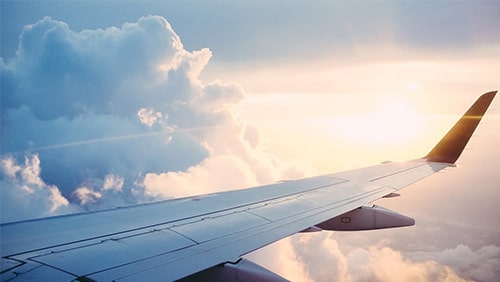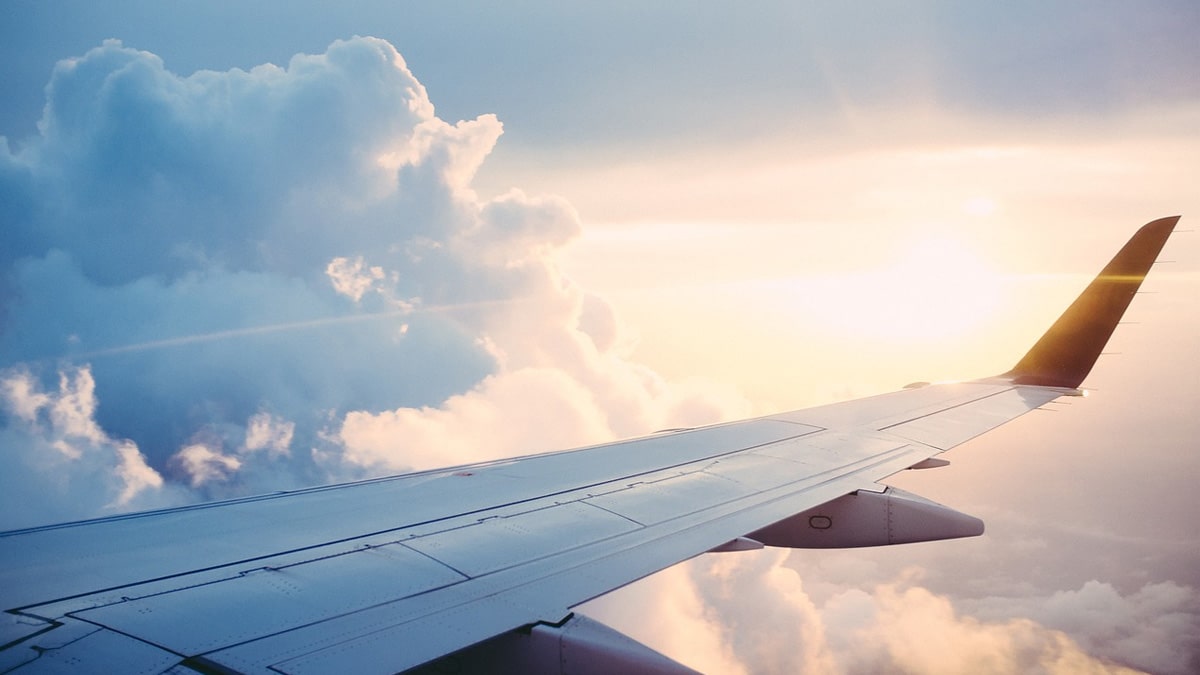Some people like technological advancements such as artificial intelligence (AI), while others don’t want to see things ever change – that also applies to virtually anything ever introduced. However, change is going to take place whether we want it to or not. Sometimes it’s for the better, sometimes it’s for necessity. The coronavirus has already led to increased implementation of technological solutions in order to allow society to bring the global pandemic under control, and some of these applications are now here to stay. This could also be found in the travel industry, which could be close to becoming more automated than ever.
I t has already been possible, for a long time, to breeze through airport check-in by scanning a bar code on a smartphone to announce your arrival and head to the gate – no printed boarding pass needed. However, much more is coming to the travel industry to limit the interaction between humans and automate processes that can handle the more repetitive and standardized activities. Most of the innovation is driven by advancements in AI, which is inarguably getting exponentially smarter with each day that passes.
t has already been possible, for a long time, to breeze through airport check-in by scanning a bar code on a smartphone to announce your arrival and head to the gate – no printed boarding pass needed. However, much more is coming to the travel industry to limit the interaction between humans and automate processes that can handle the more repetitive and standardized activities. Most of the innovation is driven by advancements in AI, which is inarguably getting exponentially smarter with each day that passes.
For example, Near Field Communication (NFC) technology is being developed that doesn’t require batteries. If, for example, an airport needs to keep its hand sanitizer dispensers filled at all times, employees and security guards can be equipped with an app on their phones that would automatically determine whether or not a dispenser is low and send an order request to a dispatcher. In airports that span several square miles, this can become a huge time-saver.
Autonomous mobility scooters are also starting to crop up in certain airports. Anyone who has traveled by air has witnessed an employee pushing a long line of luggage carts that were collected from various points around the airport. However, these electric scooters are able to take their passengers to the intended destination and then return to their home base autonomously, ready for the next customer.
Younger generations have been more apt to embrace newer technological advancements, a trend that is going to continue well into the future. Soon, there will be virtually nothing that can’t be handled through an app or a device, and it’s simply the way things are headed, like it or not. According to Iis Tussyadiah, the head of the hospitality department and professor of Intelligent Systems in Service at the University of Surrey in the U.K., “Some consumers may get used to ordering meals online or through an app and opting for ‘click and collect’ or delivery for other shopping needs. Consumers may grow warm to the idea of not interacting with a human being. Recent research on hotel service robots, robotic bartenders, and autonomous vehicles has shown that people trust and are willing to use these technologies when they have a positive attitude towards intelligent autonomous machines in general.”
